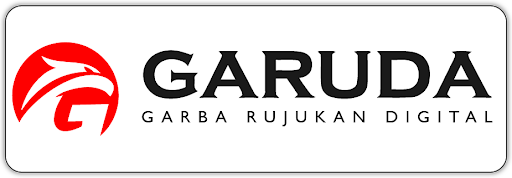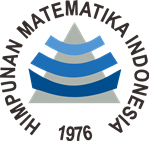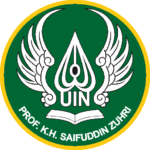Investigating the Factors Contributing to Low Mathematics Performance in Tanzanian Ordinary Secondary Schools
DOI:
https://doi.org/10.24090/ijrme.v3i1.13499Keywords:
mathematics, secondary school, low performanceAbstract
This quantitative study aimed to investigate the factors contributing to low mathematics performance in secondary schools within Morogoro Municipality, Tanzania.. Relevant literatures reviewed on findings that emerged from different authors. The study involved in 3 secondary schools, 50 mathematics teachers and 150 students. These helped us to obtain numerical data through simple random sampling Data collection conducted by using questionnaires, then the data were analyzed using statistical package software (SPSS). It was found that teacher lack of professional training contribute to low performance in mathematics, inappropriate teaching methods effect on student’s performance in mathematics, class size contribute to low performance in mathematics,, teaching materials and use of ICT contribute to high performance in mathematics, appropriate using teaching and learning resources in teaching Mathematics contribute to high performance, parental educational status contributes to low performance in mathematics, students’ attitude towards mathematics contribute to low performance in mathematics, the teacher- student- relationship contribute positively or negatively towards low performance in mathematics subject, and classroom and school environment contribute either positively or negatively towards low performance in mathematics. These results have implication in improving performance in mathematics for students in secondary schools.References
Akiknola B. (2006). Factors that contribute to poor performance among students in secondary schools. Nigeria: Sun’s ray.
Akinsola, M. K. & Olowojaiye, F. B. (2008). Teachers instructional method and students Attitude towards Mathematics. International Electronic journal of Mathematics Education,3(1), 60-72.
Ball, D. L. (2003). Mathematical proficiency for all students: Towards a strategic research and development program in mathematics education. SMASSE.
Creswell, J. W., & Creswell, J. D. (2017). Research design: Qualitative, quantitative, and mixed methods approaches. SAGE Publications.
Dzana, E.N. (2012). Poor performance in science subjects in Malawi. University of Malawi.
Fonseca, J. M. B., & Conboy, J. E. (2006). Secondary student perceptions of factors effecting failure in science in Portugal. Eurasia Journal of Mathematics, Science and Technology Education, 2(2), 82-95.
Kafata, F., & Mbetwa, S. K. (2016). An investigation into the failure rate in mathematics and science at grade twelve 12 examinations and its impact to the school of engineering: a case study of Kitwe district of zambia. International Journal of Scientific & Technology Research, 5(8), 71-93.
Kenelechi, C., & Nnangwa, K. (2013). Role of school management on school performance. European Scientific Journal, 2(1), 21 – 36.
Kitta, S. (2004). Enhancing mathematics teachers’ pedagogical content knowledge and skills in Tanzania. Print Partners- Ipskamp: Enscheda.
Kothari, C. R. (2004). Research methodology: Methods and techniques. New Age International Publishers.
Kundu, C., & Tutoo, N. (2000). Educational psychology. New Delhi: Sterling Publishers PVT Ltd.
Limb, S., & Fullarton, S. (2001). Classroom and school factors affecting mathematics achievement: A comparative study of the US and Australia using TIMSS. Australian Council for Educational Research (ACE Research).
Mabula, N. (2012). Promoting science subjects’ choices for secondary school students in Tanzania: Challenges and opportunities. Dar es Salaam.
Mkumbo, K. A. (2013). An investigation into the relationship between school characteristics and academic in performance in Tanzania. Dar es Salaam.
Mtitu, E. A. (2014). Learner-centred teaching in Tanzania: Geography teachers’ perceptions and experiences. Victoria University of Wellington
Downloads
Published
How to Cite
Issue
Section
License
Copyright (c) 2025 Emmanuel Deogratias, Heri Paulo

This work is licensed under a Creative Commons Attribution-ShareAlike 4.0 International License.
Authors who publish with this journal agree to the following terms:
Authors retain copyright and grant the journal right of first publication with the work simultaneously licensed under a Creative CommonsAttribution-ShareAlike License that allows others to share the work with an acknowledgment of the work's authorship and initial publication in this journal.
Authors are able to enter into separate, additional contractual arrangements for the non-exclusive distribution of the journal's published version of the work (e.g., post it to an institutional repository or publish it in a book), with an acknowledgment of its initial publication in this journal.
Authors are permitted and encouraged to post their work online (e.g., in institutional repositories or on their website) prior to and during the submission process, as it can lead to productive exchanges, as well as earlier and greater citation of published work (See The Effect of Open Access).












